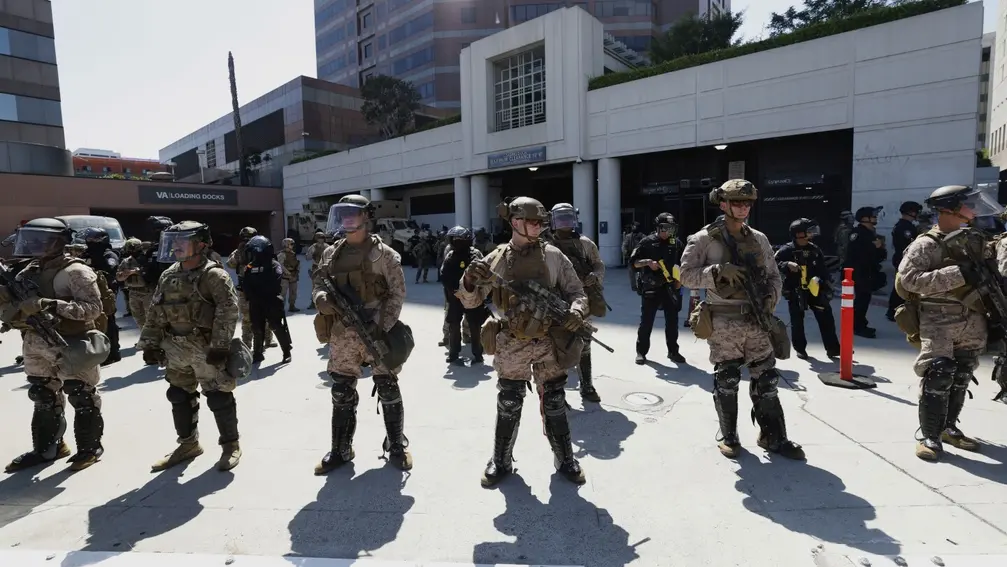T4K3.news
Judge weighs limits on presidential authority in National Guard deployment
A high-stakes legal battle over the use of the National Guard in Los Angeles concludes, testing the reach of executive power and the Posse Comitatus Act.
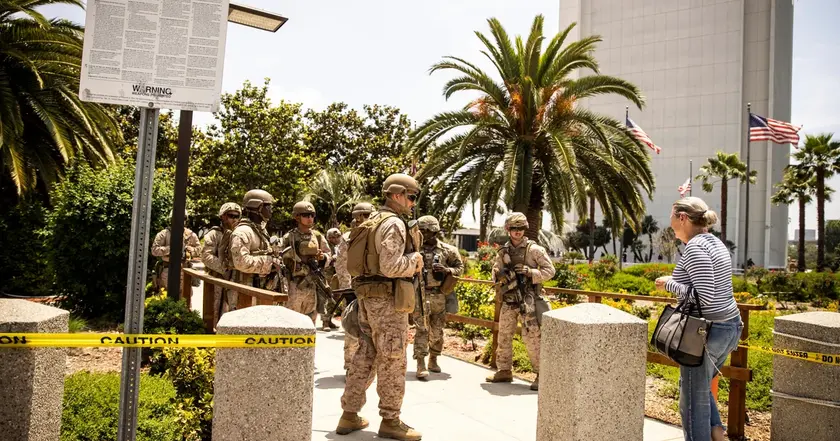
A three day trial examined the limits of federal power after President Trump's deployment of thousands of National Guard troops to Los Angeles.
Judge Weighs Presidential Authority in National Guard Deployment
On Wednesday the three day trial over President Trump's deployment of thousands of National Guard troops to Los Angeles concluded. The central question was whether the Posse Comitatus Act applies and whether California can obtain an injunction to curb the military role. The Justice Department argued the act does not apply and that Newsom's suit lacks precedent and standing. California contends the act does apply and argues the state suffered harm that justifies action. Trump ordered about 4,000 guardsmen and 700 Marines to Los Angeles in June to protect federal property and personnel amid protests, while Newsom objected and filed suit to limit the troops’ involvement in immigration enforcement planning. U.S. District Judge Charles Breyer pressed for clarity on remedies and the reach of presidential immunity, signaling unease about the implications of a large, centralized force operating in a city.
The DoD cited a memorandum claiming a constitutional exception to the act for Task Force 51, but California countered that the memo came after the actions and cannot justify past conduct. Testimony indicated a 300-strong force remained at the time, a steep drop from the initial deployment, and the judge questioned why any presence was still needed. The hearing did not set a timeline for ruling; Breyer said he would decide as soon as possible.
Key Takeaways
"It is, in fact, the federal government who is engaged in unprecedented conduct."
Meghan Strong on the government's position and historic precedent.
"What limiting factors are there to the use of this force?"
Breyer questioning practical limits of the deployment.
"The constitution seeks to make sure the president cannot control a standing army the way the king had in 1776."
Kastenberg highlighting constitutional restraint on executive power.
This legal clash sits at the crossroads of civil rights and national security. A ruling could reshape how courts view presidential authority in domestic deployments and how much deference the judiciary will grant the executive branch when military assets are used in civil life. The government argues the guardsmen were protecting federal property rather than policing, but critics warn that the line between protection and policing is slippery and dangerous.
The debate also exposes a long running tension in American governance: the balance between centralized power and local sovereignty. If the court sides with Newsom, it could push future administrations to offer clearer limits and more robust justification for similar actions. If it sides with the government, it would reinforce deference in security matters. Either way, the case highlights the fragility of the legal framework that keeps military power in check during peacetime.
Highlights
- Presidential power must stay in check when soldiers walk civilian streets
- The court may prove the ultimate limit on executive reach in a crisis
- Protecting federal property should not rewrite the law
- A legal test could redefine federalism in real time
Legal and political risk over military deployment
The case centers on presidential power, military use in domestic life, and potential legal remedies. A ruling could provoke political backlash and affect how future deployments are justified and reviewed.
Future deployments may hinge on similar legal battles that test the balance of power.
Enjoyed this? Let your friends know!
Related News
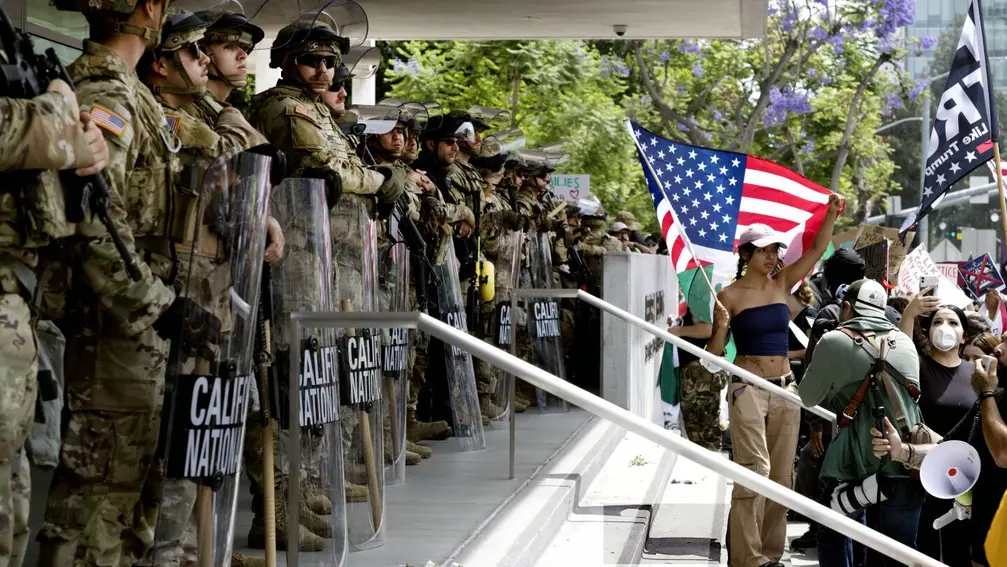
Ruling on military involvement in immigration enforcement
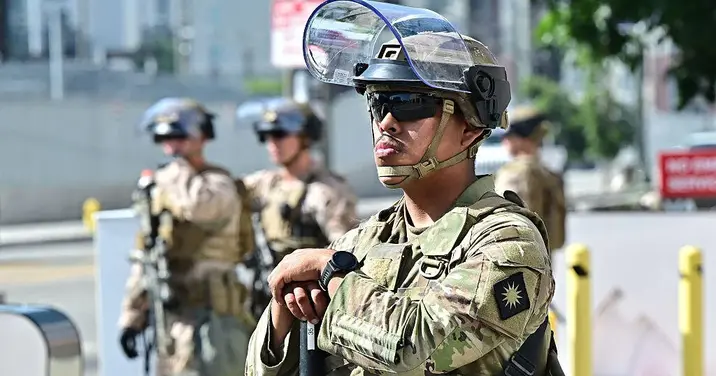
LA deployment tests limits of federal military authority
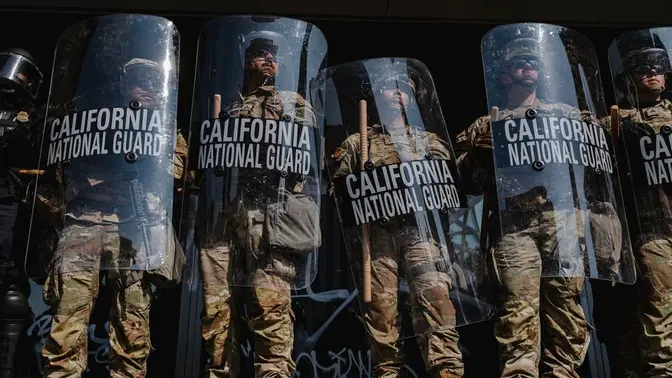
Trump National Guard case heads to California court
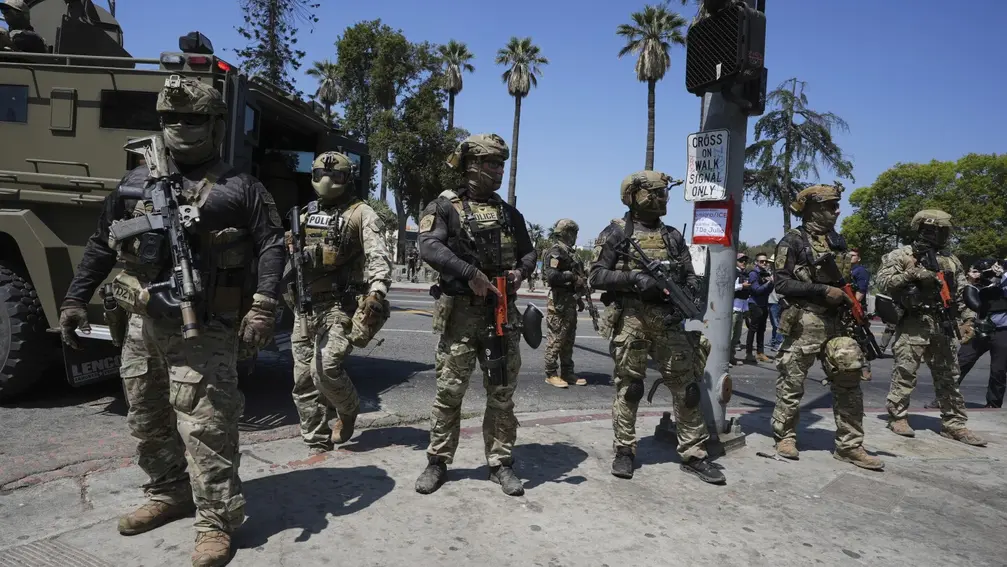
Posse Comitatus Debate Reaches Court
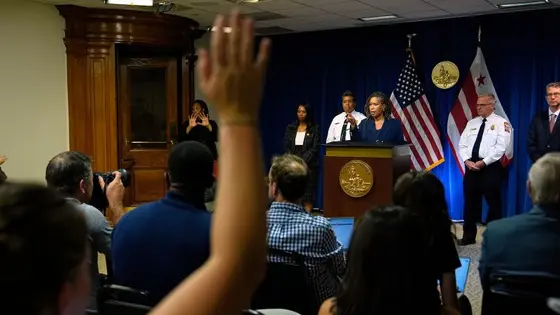
Bowser weighs response to federal policing in DC
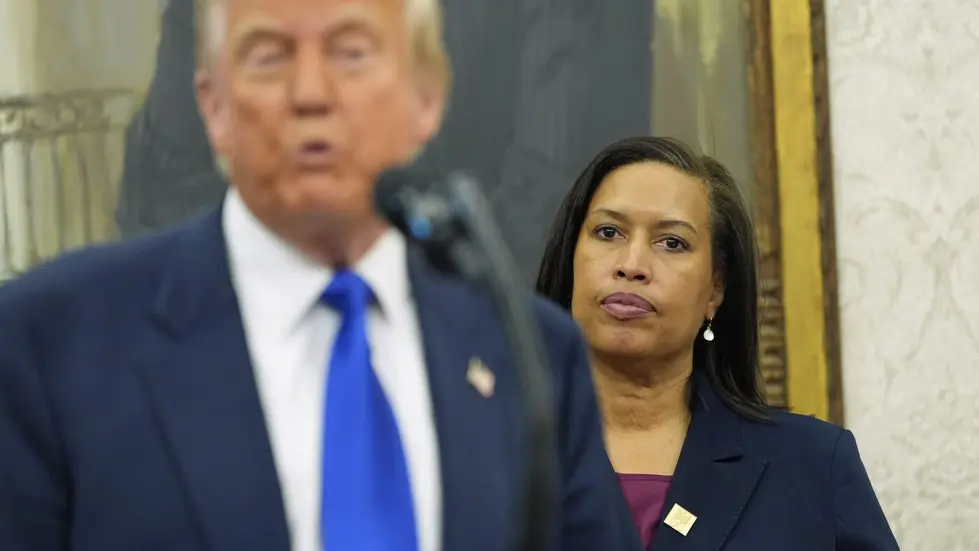
DC policing under spotlight as federal power looms
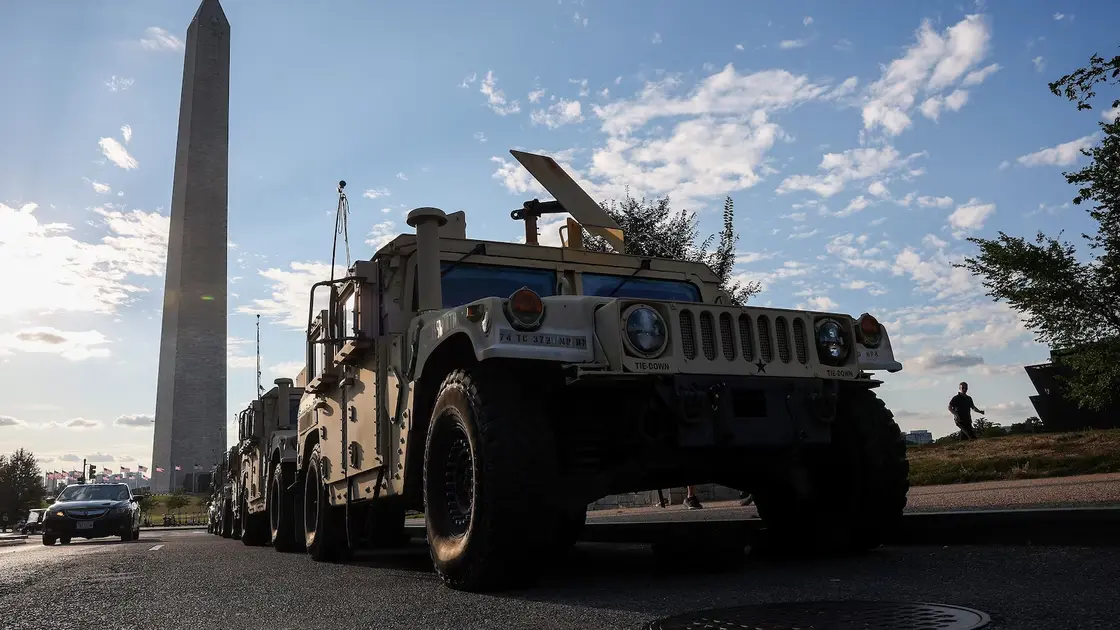
National Guard deployment in D.C.
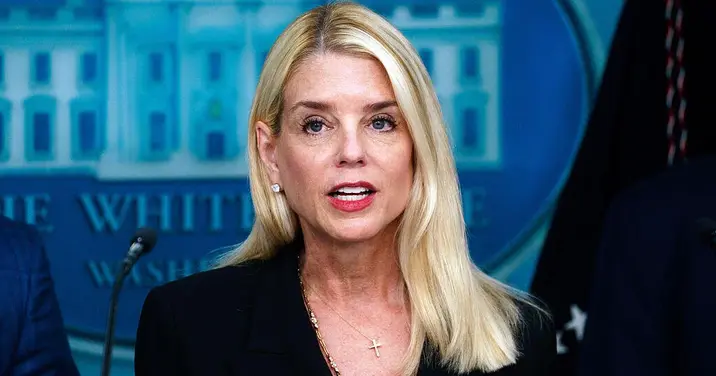
DC policy shift on sanctuary status
